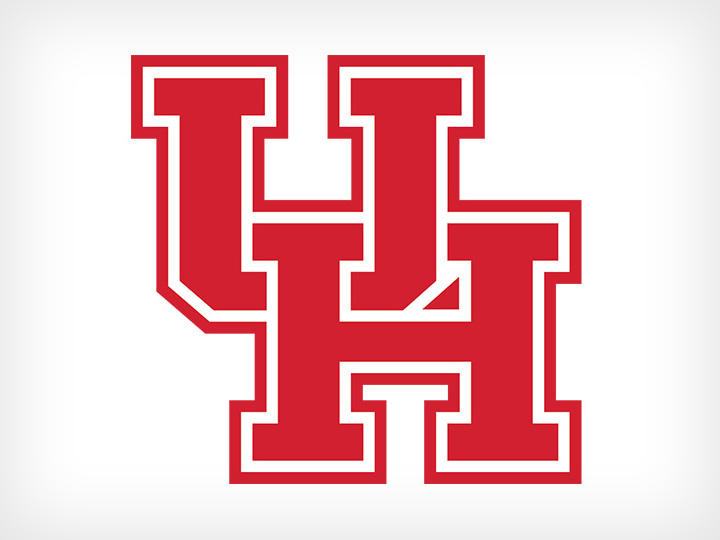[Defense] Towards robust seismic salt boundary segmentation: Tackling data variability and model degradation during development and deployment
Monday, April 28, 2025
11:00 am - 12:30 pm
In Partial Fulfillment of the Requirements for the Degree of Doctor of Philosophy
Samiha Mirza
will defend her doctoral proposal
Towards robust seismic salt boundary segmentation: Tackling data variability and model degradation during development and deployment
Abstract
With the increasing demand for oil and gas, accurate and efficient subsurface interpretation has become more critical than ever. One of the most complex and essential tasks in this domain is the segmentation of salt boundaries from seismic data鈥攕tructures that frequently trap hydrocarbons and guide reservoir characterization. While deep learning (DL) has shown promise in automating this task, its effectiveness is significantly hindered by the unique challenges of seismic data: variability in acquisition quality, vast differences in frequency content across datasets acquired from different geo-locations, and model instability during deployment. Despite rapid progress in DL for natural image segmentation, seismic applications remain largely underexplored and often suffer from a model-centric bias, where the diversity and reliability of training data are overlooked. This proposal addresses the salt boundary segmentation problem from a data- and deployment-aware perspective, with the goal of building models that not only perform well on high-quality training data but also generalize across varying seismic conditions and remain stable as new data becomes available. We propose a multi-faceted framework that tackles challenges in both model development and model deployment stages. During development, we introduce techniques to select high-quality training data based on both human perceptual metrics and deep learning model representations. We further present a generative latent space filtering approach to identify useful regions from domain-shifted datasets, improving robustness to data variability. For deployment, we propose a recall-based knowledge distillation strategy that mitigates catastrophic forgetting and enables stable model updates in continual learning scenarios. By shifting the focus from purely optimizing model architectures to better understanding and managing the training data and deployment process, this work takes a significant step toward trustworthy, production-ready AI for subsurface interpretation.
Monday, April 28, 2025
11:00 AM - 12:30 PM
PGH 550
Dr. Shishir Shah, research advisor
Faculty, students, and the general public are invited.


